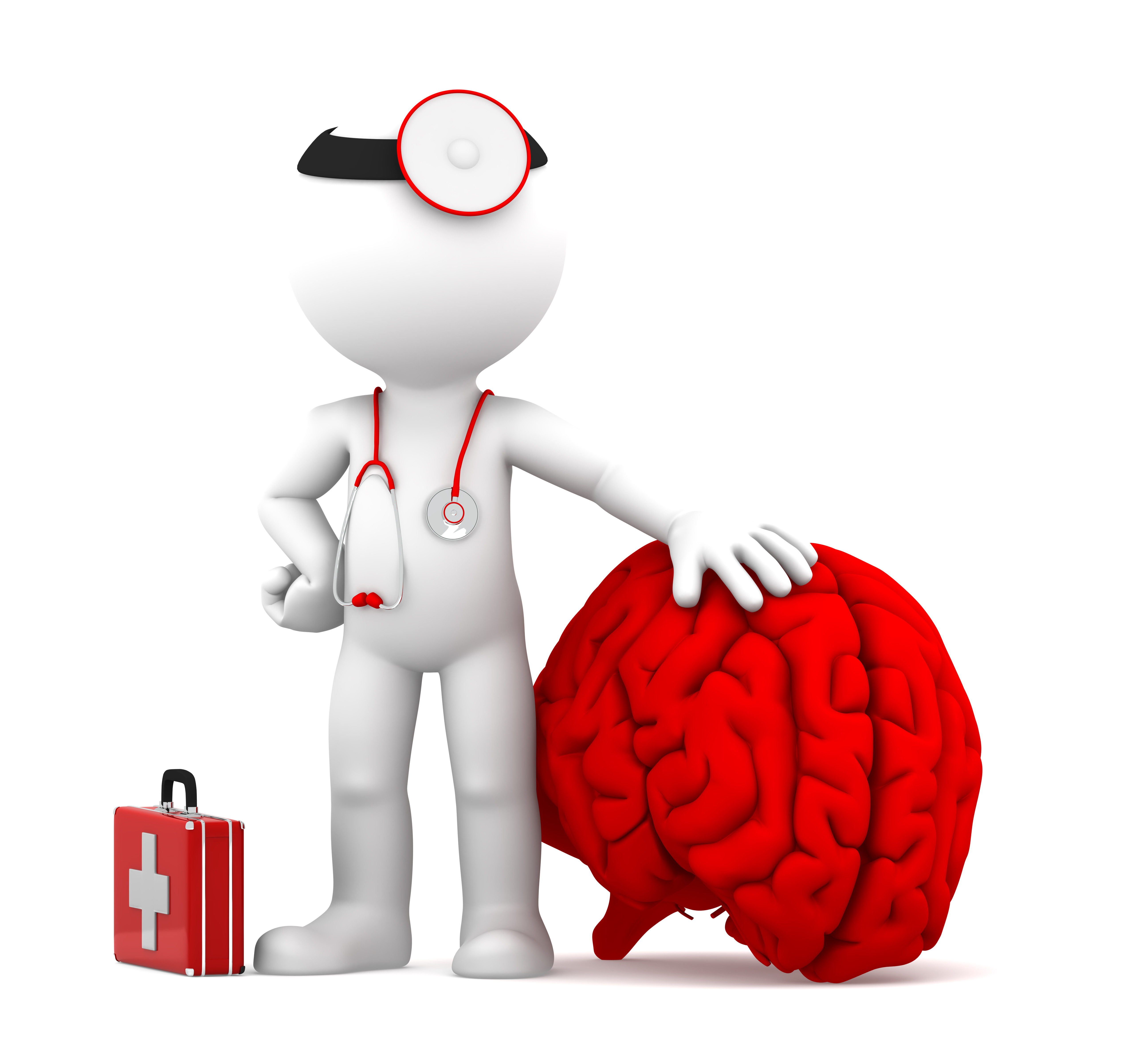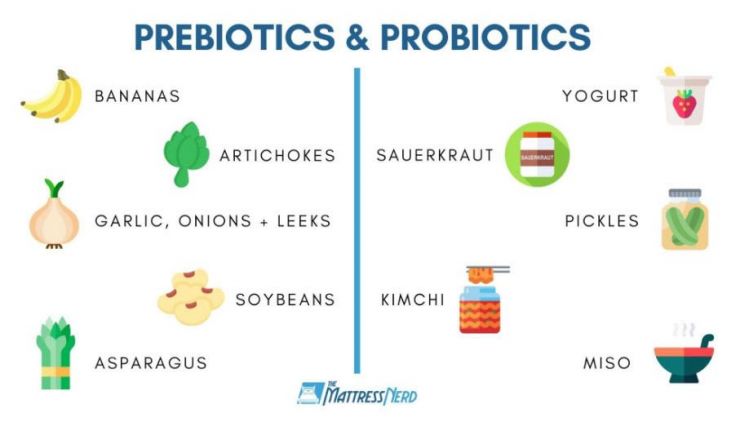Brain/Gut Connection
Lesson 1
Introduction
It’s only logical for there to be a brain to intestine (gut) connection, but recent research has started to show that the relationship is a lot closer and more critical than most people might think. In this guide, we will be discussing what the research shows about the brain/gut connection and how to help maintain the health of both..
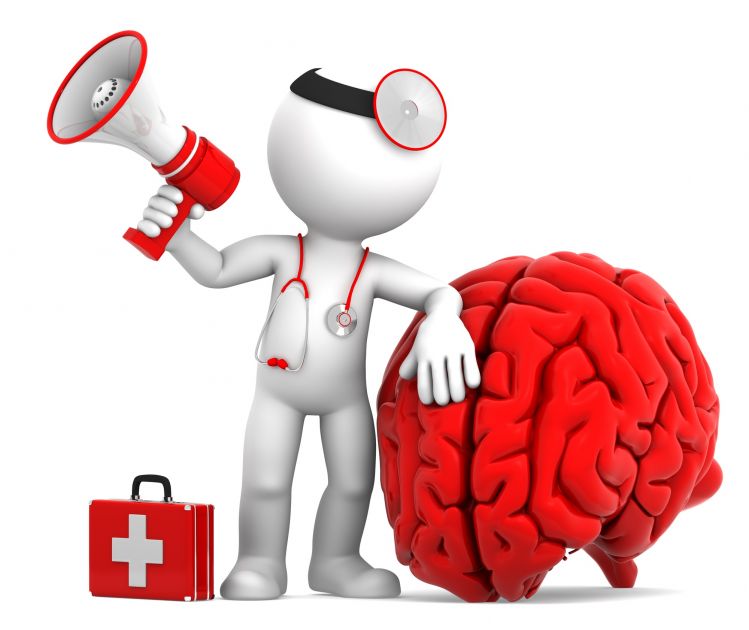
Connecting Brain with the Gut
Our brain is the driver of our central nervous system (CNS). As the name suggests, the CNS is the centre of all critical functions of the body. Some parts of the brain control automatic tasks that we don’t even think about, such as our heart beating, the regular in-and-out of our breathing, and our digestion. It also sends signals and processes them. With a healthy brain, there will be normal signalling. An unhealthy mind can result in abnormal signalling or no signalling.
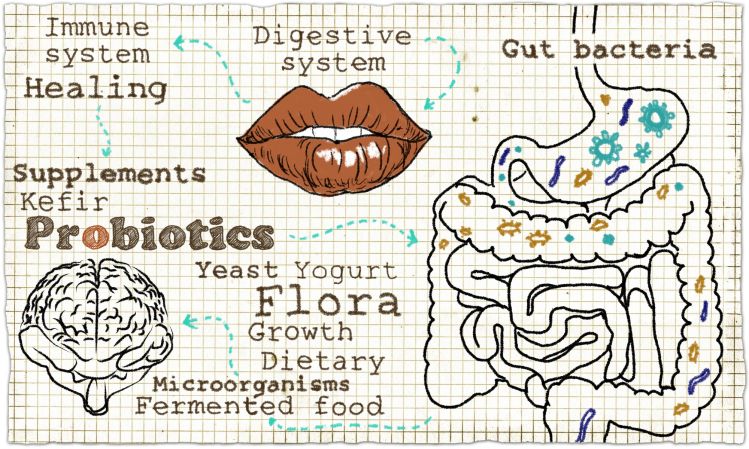
A Delicate Balance
In the same way that your digestion can be a delicate balancing act, so too can the chemicals in your brain. They become out of balance due to a variety of factors.
Mood Disorders and Gut Health
The walls of the digestive system house the brain in your gut, also known as the enteric nervous system (ENS.) The ENS controls digestion, from swallowing to the release of enzymes that break down the food we eat.
Research on the enteric nervous system suggests that it communicates back and forth with our brain. The ENS triggers emotional shifts for people who have irritable bowel syndrome.
Some researchers have also hypothesized a “second brain” hidden in the walls of the digestive system as an explanation of the links between digestion, mood, health and even the way you think.
What does the ENS do?
The ENS doesn’t solve math problems or help you do you work. Instead, it controls your digestion, passing necessary signals once you swallow food. It is responsible for the release of enzymes that break down food and the control of blood flow, which helps with absorbing nutrients. It helps signal the brain that the stomach is full (the point of satiation) and communicates back and forth with the brain in important (if not fully-understood) ways.
The ENS may trigger significant emotional shifts that are related to IBS and its symptoms, and with digestive disorders in general, such as:
Constipation
Diarrhoea
Bloating
Gas
Pain
Stomach upset
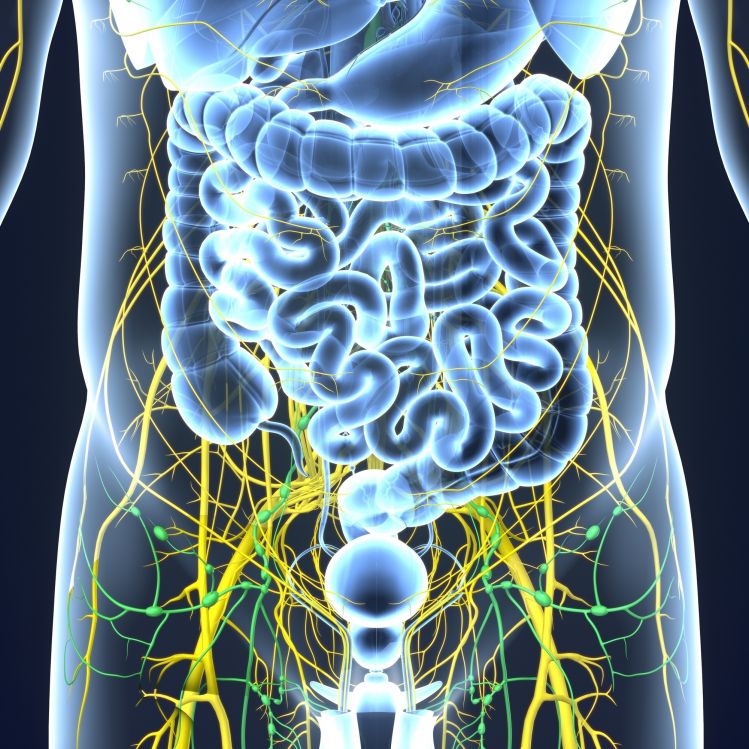
It’s hard to feel your best when your guts are churning inside, and it gets even worse if you are worried about having an accident due to diarrhoea or farting in public due to gas and bloating. You might restrict what you eat, even giving up foods you love, because you are so concerned about your symptoms.
The ENS might therefore be triggering the CNS, and resulting in mood changes. This is important to note because up to 40% of the population in the US will experience digestive issues at least once in their lives, and some will suffer chronic symptoms.
The research suggests that your gastric activity may affect your thinking skills and memory. It might also have a direct effect on metabolism, due to what may be crossed signals between nerves, hormones and the microbiome.
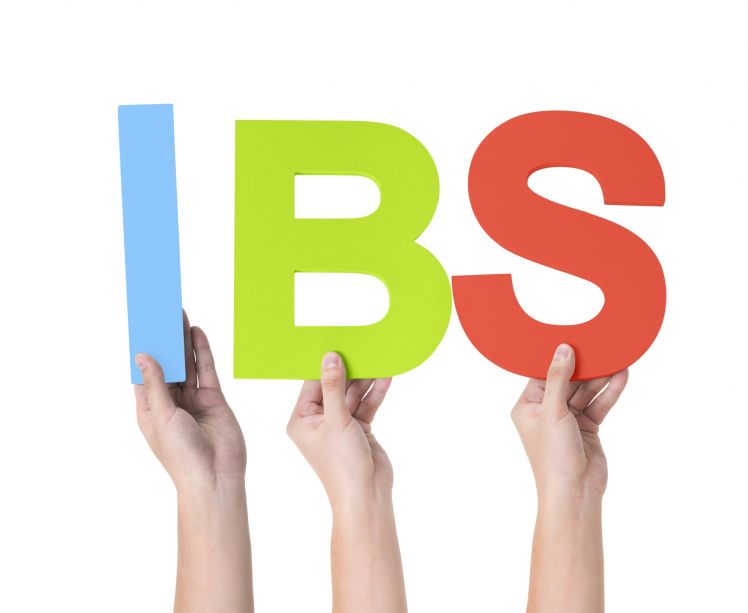
Irritable Bowel Syndrome (IBS) is a “chicken or egg” syndrome. Researchers aren’t sure if stress and anxiety cause the IBS, or the stress and anxiety trigger IBS. Studies have shown that 60% of people with IBS have mood disorders that could benefit from mental health therapies. Studies have also shown that around 60% of those with mood disorders have digestive tract issues.
Those who practice stress relief often get digestive symptom relief, even from IBS.
What is IBS, exactly?
IBS presents with a range of symptoms, including:
- Abdominal pain
- Bloating
- Gas
- Diarrhoea
- Constipation
It is not actually a structural issue, but rather, one commonly related to stress in a person’s life.
In IBS, the main area affected is the large intestine, also referred to as the colon. The colon is the source of our bowel movements. In IBS, the colon contracts irregularly, and sometimes very strongly and sharply, leading to abdominal pain and gastric distress.
When the human microbiome is challenged with changes in diet, stress, or antibiotics, the physiology of the normal microbiome undergoes change. A dysbiotic state leads to increased intestinal permeability and allows contents such as bacterial metabolites and molecules as well as bacteria themselves to leak through the submucosa and into the systemic circulation, a phenomenon aptly named leaky gut syndrome.
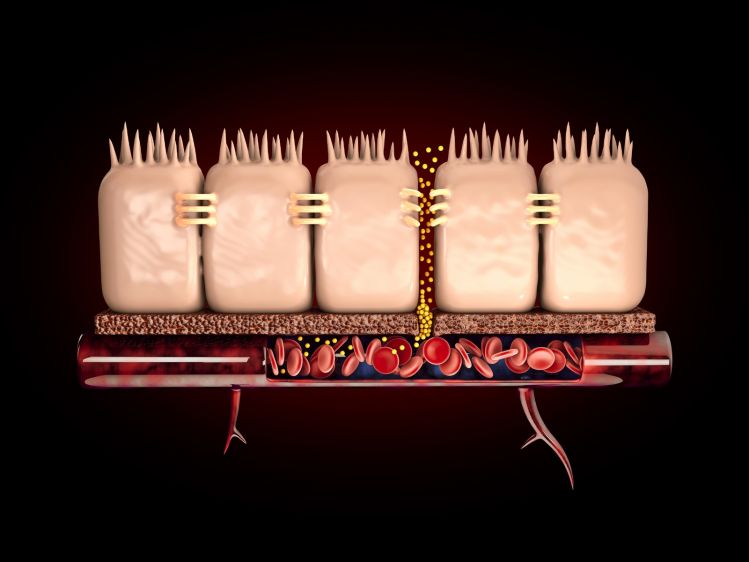
Gut health and mood disorders
A growing body of research has connected gut health to brain health and mood disorders. We’ve already discussed IBS, which is a structural issue. You might be shocked to discover, however, that even the tiny bacteria in your gut might actually be affecting your brain and memory.
The term microbiome, or gut flora to give its more common name, refers to the many different types of bacteria which thrive in the gut, or bowel, and aid in the digestion of nutrients and the manufacture of waste product, that is, faeces.
The microbiome is directly affected by food and medicine. In particular, antibiotics can play havoc with one’s gut flora, because they kill all bacteria, the helpful and harmful alike. Studies have shown that a single course of antibiotics can affect one’s gut flora for up to 2 years afterwards.
For some time now, research has pointed to a link between digestive disorders and Parkinson’s disease, a leading cause of dementia and issues with mental and physical function. The latest study shows harmful proteins known as prions (found in mad cow disease), travelling up the vagus nerve from the abdomen to the brain, potentially leading to debilitating Parkinson’s.
Brain Food
Is there such a thing as brain food?
Yes, according to a growing body of research. They can be so-called either because they contain nutrients for better memory and brain health, and they lower stress and improve mood, and therefore reduce the wear and tear on the brain that is the result of ageing.
They fight the process of oxidative stress that researchers have found to be the leading cause of ageing in the body. Oxidative stress is the process by which molecules called free radicals to steal electrons from cells and even your DNA.
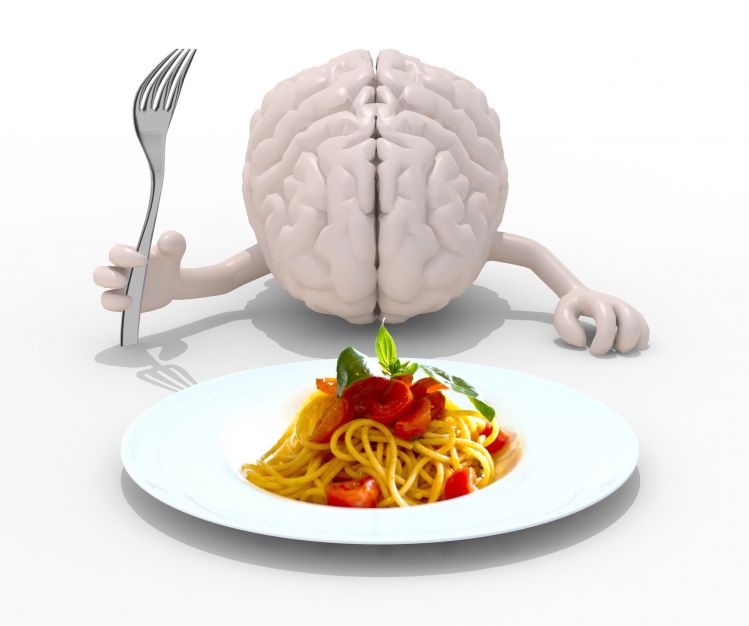
Prebiotics, and Probiotics
Further findings have shown that boosting one’s microbiome through a combination of sleep, exercise and a good diet can help. In particular, adding probiotics, and prebiotics, the food that probiotics live on, can help. However, they are also affected by when we eat and what we eat.
By maintaining a healthy gut microbiome by providing the right food and creating a healthy environment where the microorganisms can flourish. Bowel and mood disorders can then be assigned back to the dark ages.
- A recent study published in Beneficial Microbes found that daily supplements of fermented milk products with Lactobacillus casei strain Shirota (the Yakult strain) improved sleep quality in medical students during exams.
Which suggests it can help you sleep better in times of stress.
Conclusion
The link between the brain and the intestine (gut) connection via the enteric nervous system has revealed some startling new ways of looking at both digestive health and brain health.
The current literature and research concerning mental health and wellbeing have shown some promising results.
There are also increasing reports on various forms of dementia, such as Parkinson’s disease, and Alzheimer’s, and how this system could influence them.
There is a lot of conflicting advice about what constitutes a “healthy diet” just add some healthy probiotics and prebiotics into the mix, and you should find it easy to maintain a healthy brain and gut relationship.
It may even help with the weight problem at best, but the wind reduction could be a bonus making everyone happy without the need to maintain social distancing.
